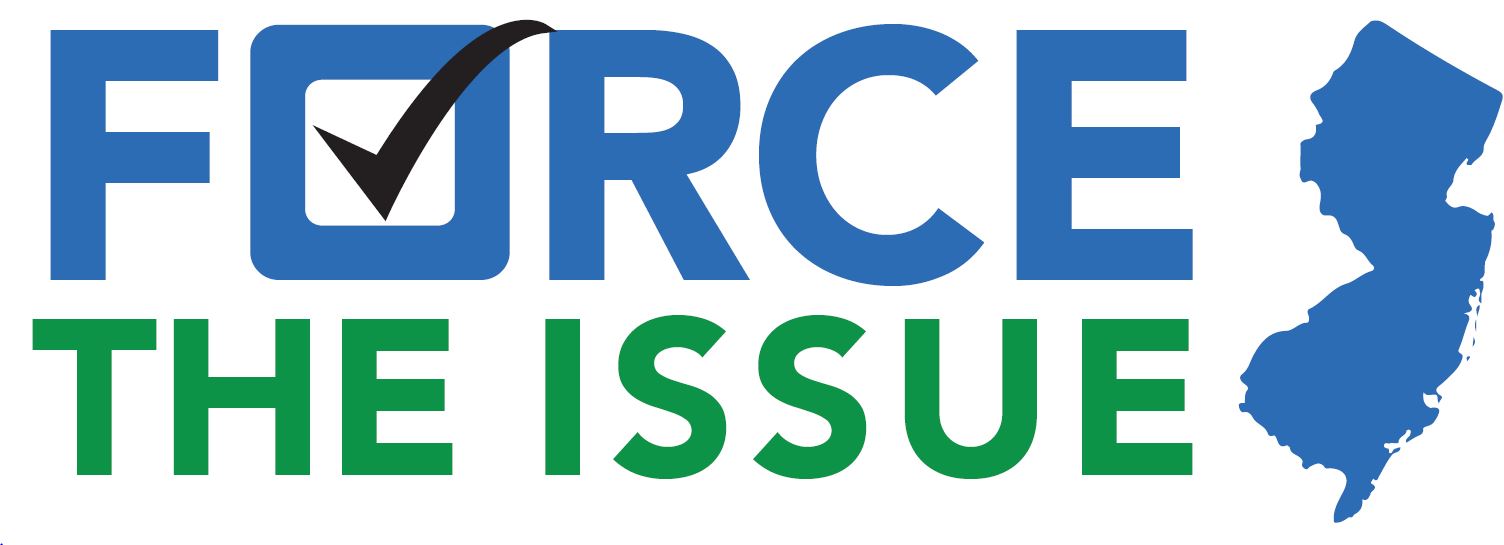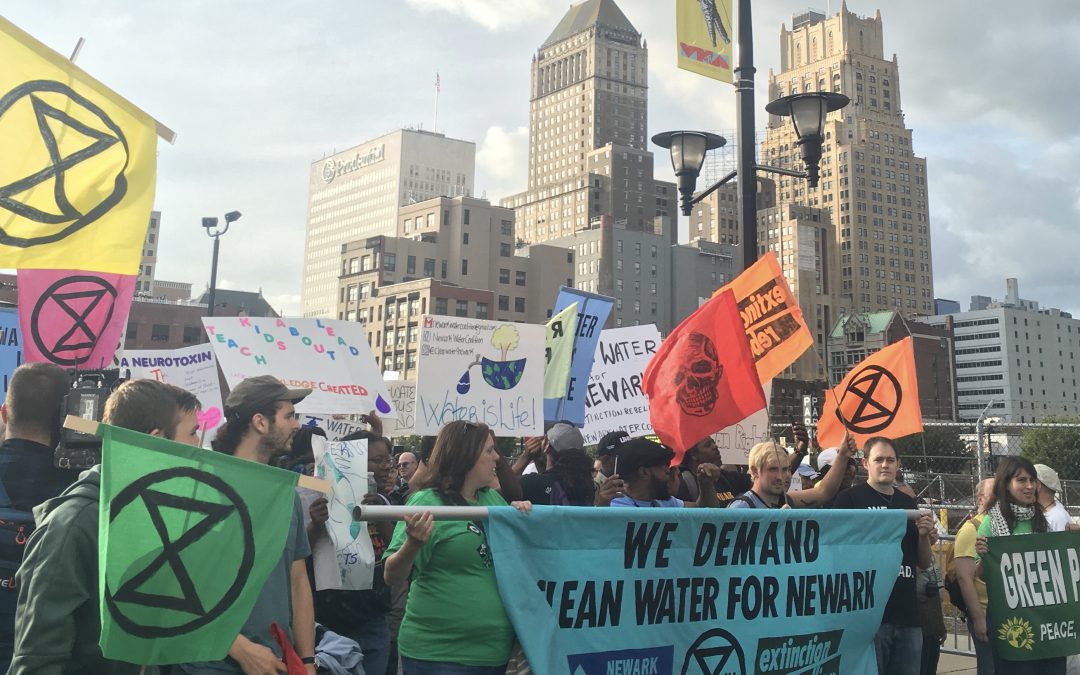I grew up on the East Side of Detroit, in a neglected neighborhood that witnessed the full trajectory of the city’s dramatic fall from its status as the Arsenal of Democracy to its recent rise from the ashes, at least for some. Looking back at my childhood, it’s likely that I was exposed to lead at some point though–to my knowledge–the city where I grew up was not subject to the whims of elected or unelected political forces charged with cutting the water expenses of a place that had long been written off.
I watched the Flint water crisis unfold along with the rest of Michigan and the nation in horror and disbelief. Dr. Mona Hanna-Attisha became a household name, and to this day I get into long-winded discussions about Michigan’s emergency manager law and its connection not only to Flint, but to Benton Harbor, Pontiac, and Detroit Public Schools (which, like Newark Public Schools, experienced its own water shutoffs a couple of years ago as a result of elevated lead and copper levels). I await the results of the new and expanded probe–after earlier charges were dropped due to issues with the original investigation–so that Flint may finally see some justice, if not healing.
I purchased a water filter immediately after moving to the North Ward of Newark in 2016, and when stories began circulating about lead in Newark’s water, the Detroiter in me wearily started to pay attention. I wanted to believe the Mayor’s administration when it railed against “outrageously false statements” about the water. I also wanted to believe that what had initially been posited as a non-issue was now an issue that was being actively remedied through the distribution of free water filters for households connected to the Pequannock water treatment plant and a $75 million bond program to remove lead pipes from impacted homes at a cost of $1,000 for homeowners.
I wanted to believe that the issue was being addressed, and that Newark was not an echo of Flint.
In July, Dr. Mona Hanna-Attisha spoke at a community forum organized by the Natural Resources Defense Council, a party to a lawsuit against the city along with the Newark Education Workers Caucus, and the Newark Water Coalition, a local advocacy group. She explained the trajectory of Flint’s water crisis from her perspective as a pediatrician, emphasizing that it was activists across various fields that brought the crisis to a head and that there are no safe levels of lead, despite federal limits of 15 parts per billion. She also clarified that Newark was not Flint because everyone in Flint knows there’s an issue, and advocated the need for trauma-based interventions as a result of the loss of trust between government officials and citizens.
On August 26, Newark hosted MTV’s Video Music Awards. For a city with a reputation of being less than desirable to outsiders (much like Detroit or Flint), this was a moment for Newark to show itself to the world. For organizers, or “out of towners,” (which invokes a familiar refrain from generations past), it was an opportunity to highlight the stark differences between what was occurring in and around the Prudential Center and what was occurring beneath neighborhood streets just a few blocks away.
Earlier that day, before the awards ceremony and protests, Essex County Executive Joseph DiVincenzo Jr., along with Mayor Baraka and Governor Murphy, announced a $120 million loan to Newark for the replacement of all 18,000 lead service lines in less than three years, free of charge to residents and at no cost to county taxpayers. The next day, the mayor issued a call to volunteers to meet that evening to discuss how we can become involved with the city’s efforts to replace all its lead lines. As people lined up to sign in at city hall, we were asked for our Newark photo IDs, and it became apparent that media was not welcome at the public meeting.
I wanted to believe that the issue was being addressed, and that Newark was not an echo of Flint.
I signed up that day to help gather signatures in the North Ward. Although we were assured that volunteers would be equipped with IDs and information, I worry about meeting families with young children and informing them that the water that flows into their house may be contaminated. I worry that Newark’s kids will need additional resources and care in the face of lead exposure, like our kids in Flint, and I wonder if the city will be able to sustain measures to ensure that all families are provided with working filters and bottled water until all the lead lines are replaced.
For Newark’s sake, I hope this occurs within the proposed two years, and I believe Newarkers, in particular, can help make that happen. While I worry about the long-term effects of lead in our kids, I would also like to know “what the hell is going on,” and believe this includes an honest and open discussion about where we (Newark officials and residents) go from here to help restore justice, if not healing.
To check if your home has a lead service line, or if you are eligible for free water, click here.
To join the efforts of the Newark Water Coalition, click here.
To make a donation or volunteer to distribute water through United Way, click here.

